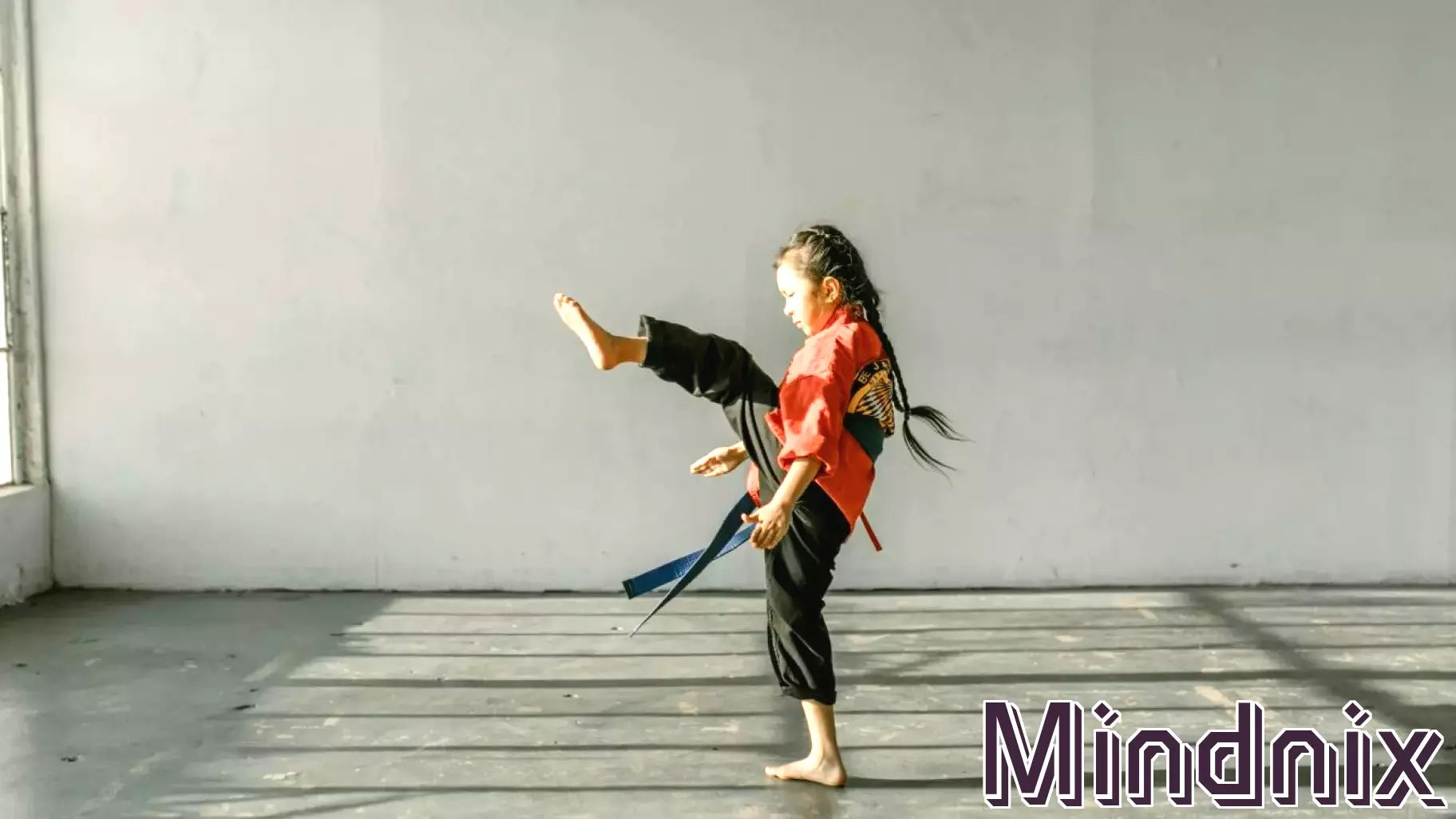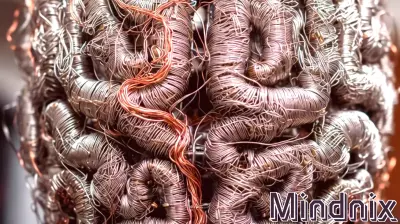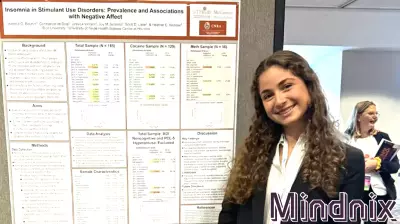The Benefits of Martial Arts for Children with Autism
April 2, 2025 - 06:13

Recent studies have shown that exercise interventions, particularly martial arts, can offer significant benefits for children on the autism spectrum. Engaging in martial arts activities can enhance flexibility, cognitive control, and motor skills, which are crucial for overall development.
Moreover, these physical activities promote better coordination and social skills, allowing children to interact more effectively with their peers. The structured environment of martial arts classes provides a safe space for children to learn discipline and focus, which can help in managing behavioral challenges often associated with autism.
In addition to physical benefits, martial arts can boost self-esteem and confidence, empowering children to overcome obstacles and achieve personal goals. As more parents and educators recognize these advantages, martial arts programs are becoming increasingly popular as a therapeutic option for supporting children on the autism spectrum. Overall, martial arts offers a holistic approach to improving various aspects of life for these children.
MORE NEWS

February 25, 2026 - 00:30
Rewired: How the Digital World Reshapes the Human BrainThe impact of our digital lives on the brain is a complex tapestry, not a simple story of harm or benefit. Emerging perspectives suggest that digital engagement, particularly among the young,...

February 24, 2026 - 00:52
Day in the life: Health sciences senior follows research toward clinical psychologyIsabella Bourtin, a health sciences senior, exemplifies the determined focus required to navigate a significant academic shift. Once firmly on the pre-med track, she has successfully pivoted her...

February 23, 2026 - 01:31
Toxic People Makes Us Age FasterThe emotional toll of difficult relationships is well-documented, but new research indicates the damage may be more than skin deep, potentially accelerating the biological aging process. A recent...

February 22, 2026 - 01:17
From Psychology to the Runway, Purpose Takes Center StageFor Lisa Jacovsky, a recent runway appearance during New York Fashion Week was far more than a fashion statement. Recognized as a `Queen of Impact` on the catwalk, the moment served as a powerful,...